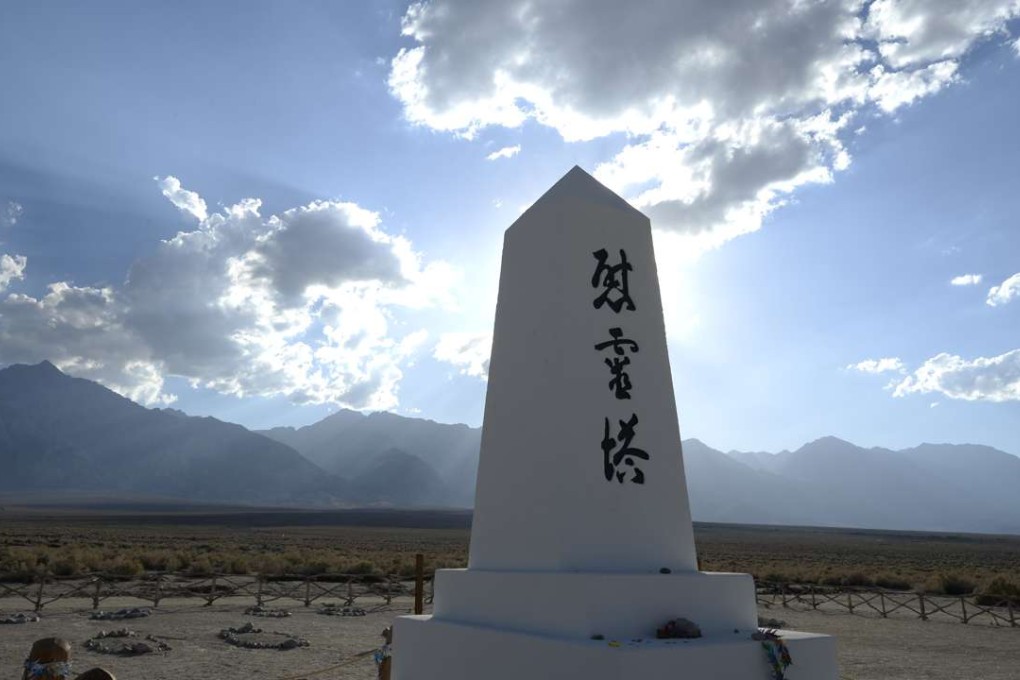Trump’s travel ban evokes painful memories for Japanese-Americans
US president’s temporary ban on refugees from a handful of majority-Muslim countries reminds some of another notorious executive order – the internment in concentration camps of around 120,000 people of Japanese descent

As President Donald Trump’s administration recrafts its controversial travel ban on citizens from a handful of majority-Muslim countries and moves towards mass deportations of undocumented immigrants, the measures and a perceived rise in racism are stoking memories from dark episodes in America’s past treatment of minorities.
Under the latest executive order regarding the ban, signed last week, Trump watered down the controversial January order that had indefinitely banned Syrian refugees and temporarily banned all other refugees and travel from seven predominantly Muslim countries. The new order narrows the countries down to six – Syria, Sudan, Yemen, Iran, Somalia and Libya – and removes the indefinite ban on Syrians. It also exempts people with valid visas and green cards and makes room for case-by-case exceptions.

The concessions appear designed to circumvent legal problems with the first executive order, which was suspended by US courts following chaos at airports and lawsuits nationwide. Whether it succeeds in so doing may not become clear until it takes effect on Thursday – the ban is already facing a barrage of new legal challenges and what has become apparent is that any form of ban remains deeply unpopular with many segments of American society.
Is Trump about to turn America’s back on Asia?
Among these are Japanese-Americans, for whom the debate has dredged up painful memories of another notorious executive order, this one signed by President Franklin D. Roosevelt 75 years ago in February.